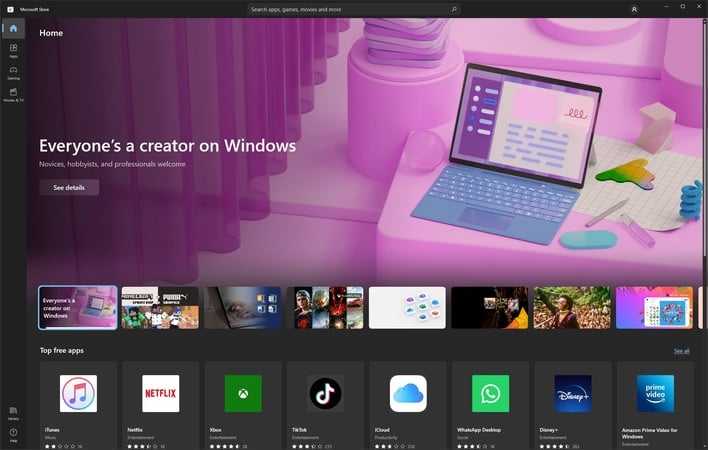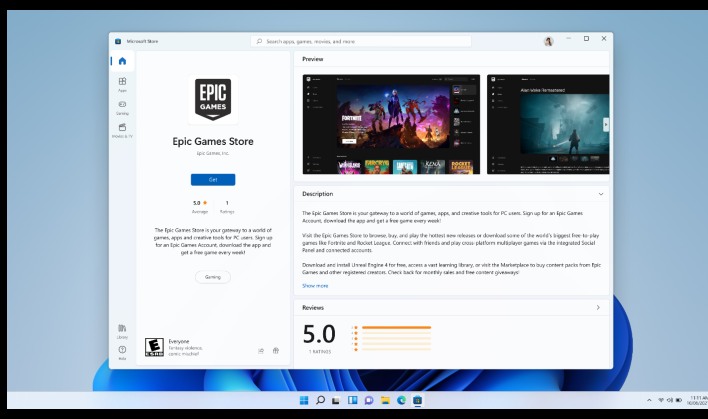Microsoft Shares Its Stance On Sideloading In Windows As Legislation Draws Near

If the latest statement from Microsoft is to be believed, that probably won't change anytime soon. In a blog post titled "Adapting ahead of regulation: a principled approach to app stores," Microsoft lays out its stance on its future being both a purveyor of apps and a provider of operating systems.
The post is overall encouraging for the future of Windows as an open platform. Microsoft names four important areas where it sees a need to make commitments: "accountability," "fairness and transparency," "quality, safety, security, and privacy," and then "developer choice." In each section, it makes a few points about its views on the matter.
For accountability, Microsoft says it will hold its own apps and competing apps to the same standards, and that it will not use any non-public information or data from its app store to compete with developers' apps. There's little way to hold Microsoft to its word on these points, but we applaud the sentiment at the very least.
For fairness and transparency, Microsoft pledges to treat apps equally in its app store without "unreasonable preferencing," and that it will be transparent with rules for promotion and marketing in its app store while applying said rules "consistently and objectively." The "unreasonable preferencing" line probably refers to the way apps are surfaced to users and the way it's worded gives Microsoft some leeway, but overall fairness and transparency are both good things to reach for.
The quality, safety, security, and privacy section includes statements that Microsoft will accept all software on its app store as long as it meets "reasonable and transparent standards" for quality and safety, and that it will "continue to respect the privacy" of Windows Store users. Microsoft does already have robust privacy controls, so we have little issue taking the company at its word here.

Arguably the most interesting part of the post is after that pile of promises. Microsoft recognizes that it will likely be under increased regulatory scrutiny as a company that runs both an app store and the platform for the apps to run on. Perhaps attempting to get out in front of any possible rulings that could result from the Epic vs. Apple trial, Microsoft commits to allowing users to continue to use alternative app stores and "third-party apps, including changing default settings in appropriate categories."
That's a fairly sharp reversal on Microsoft's earlier stance, evinced not in words, but in the company's actions. You only need look at the short-lived existence of Windows 10 S (and Windows RT before it) to see that everyone's fears of an app-store-only Windows experience were almost assuredly the company's exact goal. It's understandable why a profit-focused entity might want that, but then, that's exactly why the legislation Microsoft is afraid of would be drafted.
The whole post is basically a shot across the bow of both Epic Games and Apple, to say nothing of Alphabet's Google. All three organizations are guilty of violating some tenet of these principles, and if Microsoft can stay true to its word it will almost certainly become the most open and transparent of all app stores.
As such, for basically everyone besides Microsoft's short-term bottom line, this is good news. It will benefit Microsoft in the long-term, too; ensuring that Windows remains a fully open platform will allow it to continue receiving the strong developer support it has enjoyed throughout its lifetime. Kudos, Microsoft.

